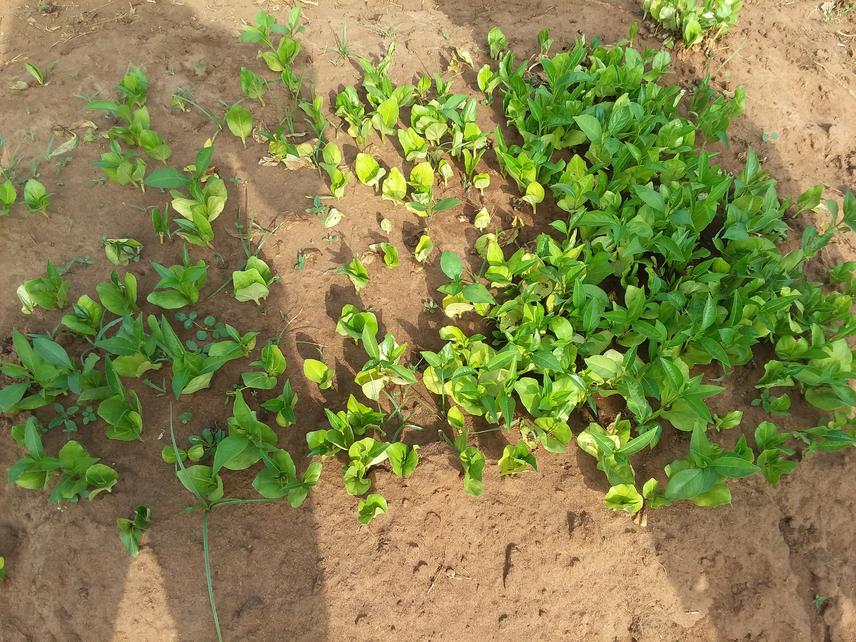Alix Frank Rodrigue Idohou
Other projects
7 Jul 2015
Combining Ecological Data and Local Community Participation to Set Long-Term Conservation Plans of the Dum Palm in Benin
25 Nov 2016
Assessment of Suitable Areas for Doum Palm Cultivation and Development of a Community Based Domestication Programme in Benin
21 Apr 2020
Scaling-Up the Stakeholders-Led Conservation Actions in Areas Adjacent to Pendjari Biosphere Reserve in Benin (West Africa)
Several native species are intentionally kept in agroforestry systems in Benin for providing ecosystems benefits to locals. Nonetheless, extensive agriculture is putting at risk those species thus, increasing the threats on the ecosystems including parks. This study aims to reverse the tendency through locals’ participation in revegetation of the degraded areas near Pendjari biosphere reserve and enhancement of their knowledge and awareness towards the whole landscape preservation. Outputs will be a starting point for setting new generation of conservationists while raising the status of the reserve and calling upon a new and increased number of tourists in the park.

Adansonia digitata seedlings.
National Park of Pendjari is adjacent to agroforestry systems which hold several native species. Those species provide food (for human and fodder for animal) in times of scarcity and other products that generate income to farmers and their families while helping to stabilize soils. However, much of the species are often neglected in policy decisions and landscape strategies. Lack of knowledge among farmers has exacerbated this problem: farmers clear areas with most of those agroforestry species and keep few of them; yet this has negative impacts on both the environment and livelihoods. Consequently, their population is highly decreasing, and ask for concrete actions.
This project comes as a revitalizer and will address biodiversity recovery, ecosystem service supplying and poverty reduction in northern Benin through integrating/keeping wild edible plants into farming systems and building capacity among conservationists. This project is timely and could help to contribute to limit incursion in the core area of the reserve while ensuring its sustainable management and increasing its visibility. It comes in continuation to the two previously financed Rufford small grants (as wild palm could not be sufficient for the whole landscape restoration) and aims at conserving the agroforestry systems adjacent to the National Park of Pendjari, a model of biodiversity conservation area in West Africa through use of ethnobiological approaches, propagation and environmental education measures.